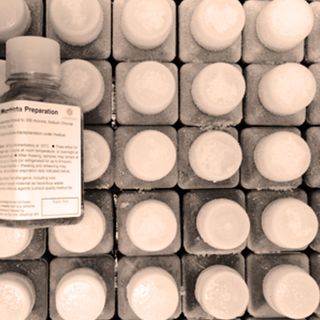New estimates of the global diabetes burden suggest the disease’s increasing prevalence will outstrip access to insulin, its primary treatment, by 2030.
The disease’s increase, according to a study published in the international medical journal Lancet Diabetes and Endocrinology, will raise the demand for insulin by 20% over the next 12 years. At the current levels of insulin cost and production, 40 million people with diabetes will not be able to access treatment. People in Asia, Africa and the Pacific will disproportionately be affected.
“Despite the UN’s commitment to treat non-communicable diseases and ensure universal access to drugs for diabetes, across much of the world insulin is scarce and unnecessarily difficult for patients to access,” Dr. Sanjay Basu, the assistant professor of medicine at Stanford University, US, who led the research, told CNN.
Read more: Effectiveness of India’s Top‑Selling Diabetes Medications in Question
For the past year, insulin manufacturers have been at the center of a legal battle in the West. Accused of price-fixing that has caused the cost of insulin to more than triple between 2002 and 2013, the three major manufacturers — Sanofi, Eli Lilly and Novo Nordisk — are the subject of a class-action lawsuit.
In India, home to nearly half the world’s diabetics, access to affordable insulin is hampered by lax pharma regulations and incentives from these same foreign manufacturers, which are leading doctors to prescribe more costly, imported medication.
Not all diabetes patients require insulin treatment; anyone with type 1 diabetes, also known as childhood diabetes, requires insulin, but the medication may or may not be required for people with type 2 diabetes. Type 2 diabetes is the version of the disease expected to lead the global increase, as the lifestyle factors behind it — obesity, low physical activity, an unhealthy diet — become more widespread.




